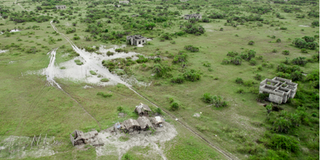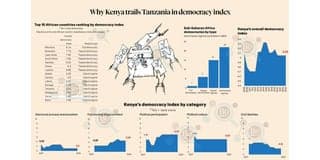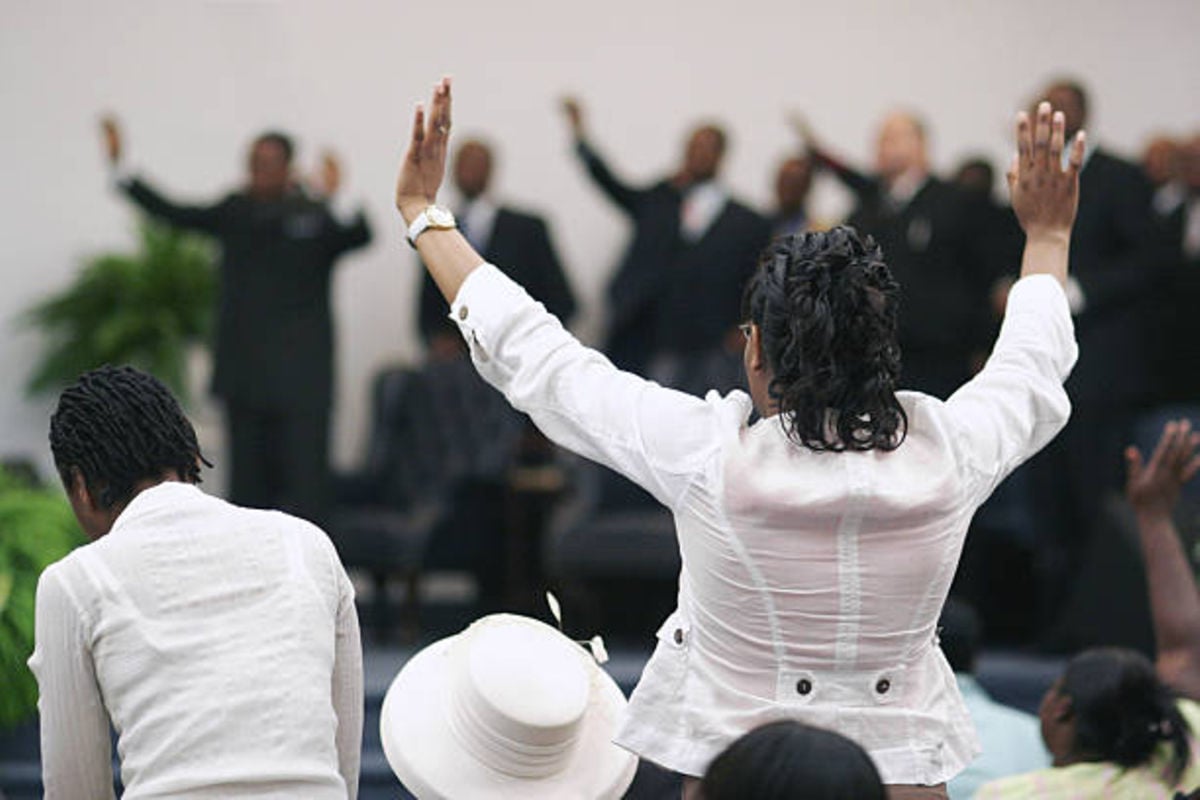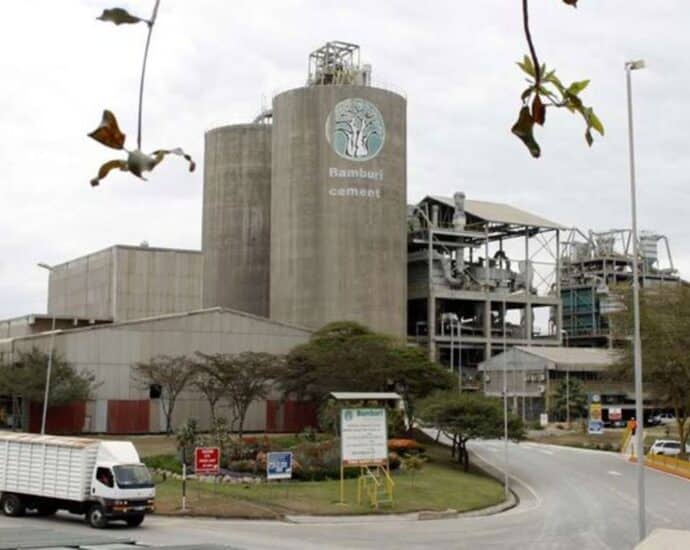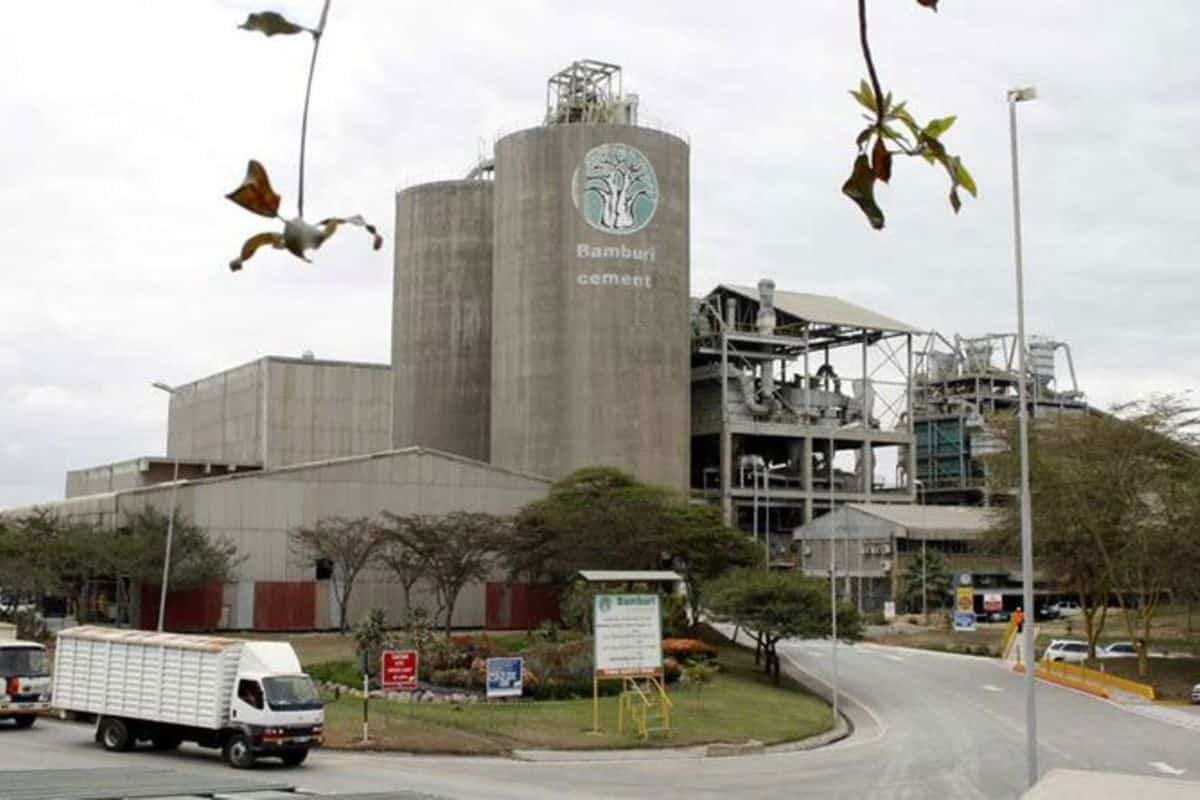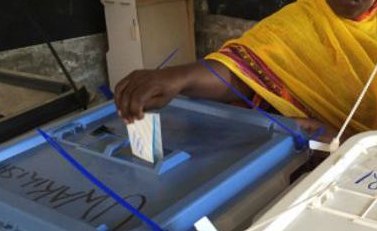Matobo kisheria yanavyochochea migogoro ya ardhi-3
Jana tuliona jinsi migogoro ya ardhi inavyoendelea kuongezeka nchini na tafiti zikitaja mipaka isiyoeleweka, ongezeko la watu na rushwa kama chanzo, huku Serikali ikieleza inayoyafanya. Leo tunaangazia athari za matobo yaliyomo kwenye sheria. Endelea…
Wakati migogoro ya ardhi iliyopokewa wizarani ikiongezeka mara sita zaidi mwaka 2023/2024 ikilinganishwa na mwaka 2021/2022, wataalamu wa sheria wanasema miongoni mwa sababu ni mkanganyiko na mianya iliyopo katika sheria zinazohusu ardhi.
Sheria zinazohusu ardhi nchini ni pamoja na; Sheria ya Ardhi ya Vijiji Namba Tano, Sura ya 114 iliyofanyiwa maboresho mwaka 2019, Sheria ya Ardhi Sura ya 113 ya mwaka 2002, Sheria ya Utwaaji Ardhi Sura ya 118, Sheria ya Usajili wa Ardhi Sura ya 334, na ile ya Mipango Miji Sheria namba 8 ya mwaka 2007.
Miongoni mwa ombwe lililoibuliwa ni sheria za ardhi nchini kujikita zaidi katika ardhi iliyosajiliwa kisheria na mara nyingi hazitoi mwongozo kamili kuhusu jinsi ya kuuza ardhi ambayo haijasajiliwa.
Moja ya sheria inayotajwa kuleta mkanganyiko na mwanya wa migogoro, kwa mujibu wa mwanasheria na mtafiti wa masuala ya kisheria, Luccian Lucelo ni Sheria ya Ardhi ya Vijiji Namba Tano, Sura ya 114 iliyofanyiwa maboresho mwaka 2019 ambayo inatoa mamlaka ya usimamizi wa ardhi kwa Serikali ya kijiji na haki ya umiliki (Customary right of occupancy) kupitia kifungu 20(1) cha sheria hiyo.
“Hii imekuwa miongoni mwa sheria ambazo zimekuwa na mianya, hasa kwenye utaratibu wa kuuza ardhi ambayo haijasajiliwa, tofauti na iliyosajiliwa kupitia Sheria ya Ardhi namba 4 Sura ya 113,” anasema Lucelo.
Mbali na hilo, Lucelo anatoa mfano wa kesi ya Kilango Semu Mjema vs Abdallah Mohamed Mnalindi (Land Appeal No. 8 of 2023) ukurasa wa 11 kuwa ilionyesha mwanya katika sheria hiyo.
“Sheria ya Ardhi Sura ya 114 haijatoa utaratibu wa uuzaji wa haki ya kutumia ardhi ya kijiji, badala yake wanatumia kifungu namba 10 cha Sheria za Mikataba, Sura ya 345.
“Pia Sheria ya Ardhi ya Kijiji Sura ya 114 haitoi moja kwa moja utaratibu wa uuzaji wa ardhi ambayo haijasajiliwa kupitia Sheria namba 5 ya Ardhi, badala yake sheria ipo kimya juu ya utaratibu sahihi wa uuzaji wa ardhi ambayo haijasajiliwa,” anasema Lucelo.
Mkurugenzi Mtendaji wa Taasisi ya Hakiardhi, Cathbert Tomitho anasema mkanganyiko mwingine katika sheria zinazosimamia ardhi ni kutoa mamlaka ya umiliki wa ardhi kwa Kamishna wa Ardhi na Serikali ya kijiji.
“Miongoni mwa mapungufu yaliyopo ni katika sheria ya ardhi ambayo inatoa mamlaka ya umiliki wa ardhi kwa Kamishna wa Ardhi kupitia kwa ofisa ardhi na Serikali ya mtaa, kwa hiyo unakuta kunakuwa na mkanganyiko.
“Mara kadhaa inatokea ardhi inauzwa na Serikali ya kijiji, lakini ukifika kwa ofisa ardhi kwa ajili ya taratibu nyingine, ikiwemo ya urasimishaji, kunakuwa na mkwamo kwa sababu sheria zimewapa nguvu wote,” anasema Tomitho ambaye pia ni mtafiti wa masuala ya ardhi.
Hoja ya Tomitho inarandana na Mwanasheria Kamanda Fundikira anayeyanyooshea kidole mabaraza ya ardhi ngazi ya kijiji na kata kufanya shughuli kinyume cha sheria kutokana na Sheria ya Ardhi ya Vijiji kuwapa mamlaka wanayoshindwa kuyatafsiri.
“Kumekuwa na changamoto sana katika sheria iliyoleta baraza la kata kwenye kutatua migogoro ya ardhi, kwani yamekuwa yakifanya uamuzi badala ya kupatanisha kama sheria inavyowataka,” anasema Fundikira.
Anasema kikwazo kingine ni sheria hiyo kuwapa nguvu katika masuala ya ardhi viongozi wa vijiji, lakini kutokana na kutokuzijua vyema wanavunja utaratibu hasa wa usawa wa kijinsia. Sheria inaelekeza kunatakiwa kuwe na usawa kati ya wanawake na wanaume.
Hoja ya wenyeviti wa vijiji wanaounda baraza la ardhi la kata kutofahamu sheria za ardhi na kusababisha baadhi ya migogoro ya rasilimali hiyo, pia imezungumzwa na Mkuu wa Idara ya Ardhi na Mipango Miji, Halmashauri ya Wilaya ya Mkuranga, Said Salehe anayesema wao wanajitahidi kutoa elimu.
“Katika eneo hili (wenyeviti wa vijiji) changamoto kweli ipo, na sisi (Mkuranga) tunajitahidi kufanya nao semina za mara kwa mara na kuwapitisha katika sheria, ili wayajue majukumu yao kwa usahihi,” anasema Salehe.
Miongoni mwa mapendekezo yanayotolewa kuziba mianya ya sheria hizi ni kufanyiwa marekebisho au kutungwa nyingine.
“Wadau tunaendelea kupigia kelele kurekebishwa sheria zote zenye mianya au kutunga sheria mpya zitakazoziba mianya iliyopo, ili tudhibiti ardhi isiuzwe kama nyanya sokoni. Hii ni rasilimali muhimu,” anasema Tomitho.
Kuhusu maboresho ya sheria, Naibu Katibu Mkuu wa Wizara ya Katiba na Sheria, Dk Khatibu Kazungu alipotafutwa na Mwananchi kujua kama kuna marekebisho yoyote yaliyoletwa wizarani katika eneo hilo, aliomba watafutwe Wizara ya Ardhi, Nyumba na Maendeleo ya Makazi kwa maelezo zaidi.
“Samahani ni vyema ukiwatafuta Wizara ya Ardhi wanaweza kuwa na majibu mazuri zaidi, kwa sababu Tanzania ina sheria zaidi ya 400, hivyo wao wenyewe watakuwa wanajua kama kuna utaratibu unaoendelea,” anasema Kazungu.
Alipotafutwa, Naibu Waziri wa Ardhi, Nyumba na Maendeleo ya Makazi, Geophrey Pinda anasema mwingiliano wa baadhi ya majukumu katika sheria za ardhi si ombwe, bali ni miongoni mwa changamoto za kisheria na zitafanyiwa kazi.
“Hilo siyo ombwe, unajua sheria ni kama binadamu, unaanza kuwa mdogo na unakua na kuna mahitaji yanaongezeka. Sheria inafika mahali inazeeka na ikifika kipindi hicho hufanyiwa marekebisho au ikibidi kubadilishwa kabisa, vivyo hivyo inafanyika katika sheria za ardhi,” anasema Pinda.
Anasema kuna michakato mbalimbali (hakutaka kuiweka wazi) inaendelea kwa ajili ya kuziboresha sheria zinazosimamia ardhi nchini.
Hata hivyo, wakati wadau wengine wakilalamikia sheria hiyo kutoa mianya, Mhadhiri wa Sheria aliyebobea katika ardhi Chuo Kikuu cha Dar es Salaam (UDSM), Dk Laurean Mussa anasema hauoni mkanganyiko wa kisheria katika migogoro ya ardhi.
Pia, anasema miongoni mwa suala linalopigiwa kelele la kuwahusisha viongozi wa Serikali za vijiji na mitaa katika ununuzi wa ardhi ni jema, kwani wao wanayafahamu zaidi maeneo yao.
“Sidhani kama kuna migogoro ya ardhi inayosababishwa na sheria, kwa sababu Serikali ya kijiji/mtaa kupitia kamati zao kazi yao ni kumshauri Kamishna wa Ardhi ambaye katika ngazi ya wilaya, ofisa ardhi ndiye anakasimiwa madaraka.
“Mwenyekiti wa kijiji kuhusika katika utambuzi na uuzaji wa ardhi ni suala jema kwa sababu yeye ndiye anayetambua eneo husika kwa ukubwa,” anasema.
Msimamo wa Waziri
Sakata la wenyeviti wa vijiji na mitaa si mara ya kwanza kuibuka, Desemba 22, 2023 katika kikao na Jukwaa la Wahariri Tanzania (TEF), Waziri wa Ardhi, Nyumba na Maendeleo ya Makazi, Jerry Silaa alisema kazi ya uuzaji wa ardhi itafanywa na maofisa ardhi wa wilaya.
Pia, Waziri Silaa alitaka wananchi wasikubali kutoa asilimia 10 kuwapa viongozi hao (wa mitaa/vijiji) wanapofanya mauziano ya ardhi.
“Ili kuwa kwenye mipango miji wananchi epukeni kununua ardhi kwa wenyeviti wa vijiji na ikitokea unataka kununua, basi hakikisha unaitishwa mkutano wa kijiji na taratibu zote zinafuatwa, watakueleza masharti yao ikiwezekana chukua video ya huo mkutano siku mambo yakiharibika tuthibitishe,” alisema Silaa.
Nini kifanyike
Ili kupunguza mianya hiyo, Lucelo anapendekeza kufanyiwa marekebisho kwa sheria hizo na kutoa elimu ya kisheria miongoni mwa wananchi wanaouza na kununua ardhi.
“Sehemu yoyote yenye mwanya kisheria inatakiwa ifanyiwe kazi na kurekebishwa, pia elimu ya kisheria itolewe kuhusu haki na majukumu ya pande zinazoshiriki katika mauziano ya ardhi unaweza kusababisha kukosekana kwa makubaliano ya pamoja au uelewa sahihi, hivyo kuchochea migogoro kutokana na utaratibu kutoelezewa vizuri na sheria husika,” anasema.
“Upatikanaji wa njia za kisheria za kutatua migogoro ya ardhi uwe mkubwa, ili kuwe na mchakato mfupi katika kutatua migogoro,” anasema Lucelo.
Tomitho anatoa rai kwa wananchi kununua ardhi kwa kufuata sheria na si kiholela, ili kuepuka migogoro ya kisheria na mingine.
“Kila siku tunatoa elimu kwa wananchi, wasinunue ardhi kama nyanya au bidhaa nyingine, sheria zifuatwe ili kuepuka migogoro,” anasema Tomitho.
Itaendelea kesho, tutazungumzia talaka zinavyoathiri wanawake katika umiliki wa ardhi mkoani Pwani.
Kama una maoni kuhusu habari hii, tuandikie ujumbe kupitia WhatsApp: 0765864917Continue Reading

